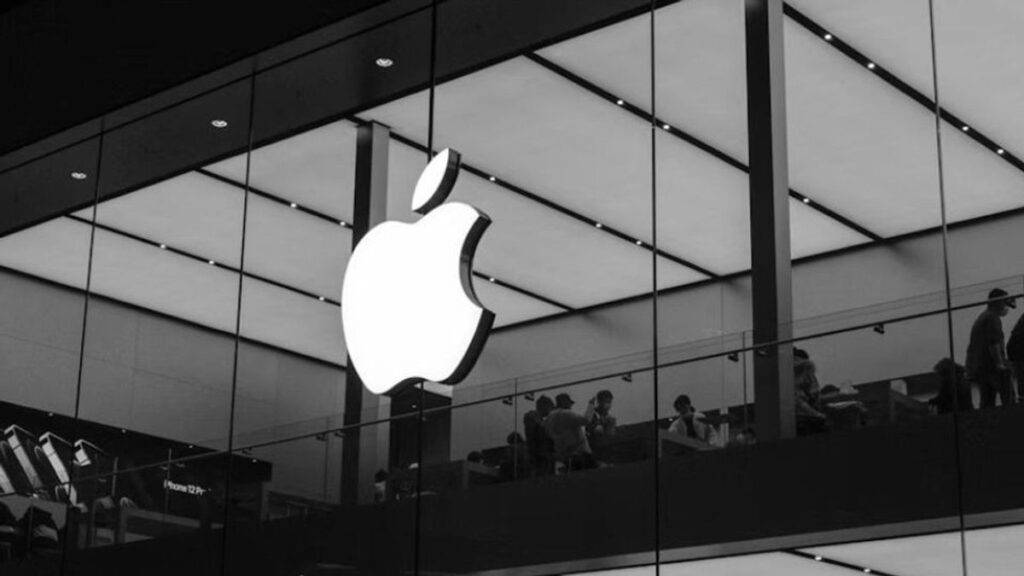plowunited.net – UK officials have decided not to proceed with a mandate requiring Apple to build a backdoor into its encrypted systems. The announcement came from US Director of National Intelligence Tulsi Gabbard. Who confirmed the reversal via a statement posted on X. Gabbard credited months of collaboration between her office, President Trump, Vice President J.D. Vance, and UK partners for the change in policy.
Read More : Sony Unveils Inzone H9 II with WH-1000XM6 Audio Tech
Gabbard stated that the original UK order would have allowed access to encrypted data belonging to American citizens. She emphasized that the decision to drop the mandate protects civil liberties and ensures that private data remains secure from unauthorized access. “The UK has agreed to drop its mandate for Apple to provide a ‘back door’ that would have encroached on our civil liberties,” she wrote.
The situation began earlier this year when the UK amended the Investigatory Powers Act of 2016. The amendment allowed the government to compel tech companies to assist in data access for law enforcement and intelligence purposes. Reports about the mandate surfaced in February. And Apple responded by disabling its Advanced Data Protection (ADP) feature in the UK. ADP offers users optional end-to-end encryption for iCloud data, which prevents access by third parties without physical device possession.
At the time, Apple stated that it had never created a backdoor or master key for any of its products and had no intention to do so. The company’s strong stance on user privacy played a central role in resisting the UK’s order.
Apple Challenges UK Order as US Lawmakers Rally Against International Overreach
Following the public revelation of the UK’s mandate, Apple filed a formal complaint with the Investigatory Powers Tribunal (IPT). This body investigates claims related to misconduct by public authorities. Apple sought a legal reversal of the mandate, arguing that it undermined digital privacy and security.
Meanwhile, a bipartisan group of US lawmakers urged Director Gabbard to act swiftly. They described the UK’s attempt as a “foreign cyberattack waged through political means,” and warned of its broader implications for U.S. sovereignty and user data protection. Their support added political weight to the growing opposition against the encryption backdoor.
The controversy highlighted the ongoing tension between national security interests and digital privacy rights. Lawmakers and civil rights advocates raised concerns that allowing backdoors—even under legal orders—would set a dangerous global precedent.
Read More : Nvidia Unveils DLSS 4 Games Lineup With Major Titles
While Apple has yet to release an official statement regarding the UK’s decision to abandon the order, the move represents a major win for data privacy advocates. It also strengthens Apple’s long-held position that strong encryption must remain intact without exceptions for governments.
Looking ahead, the situation reinforces the importance of international cooperation in establishing digital privacy standards. As governments continue to update surveillance laws, tech companies like Apple remain central players in the global conversation on encryption and user rights.


